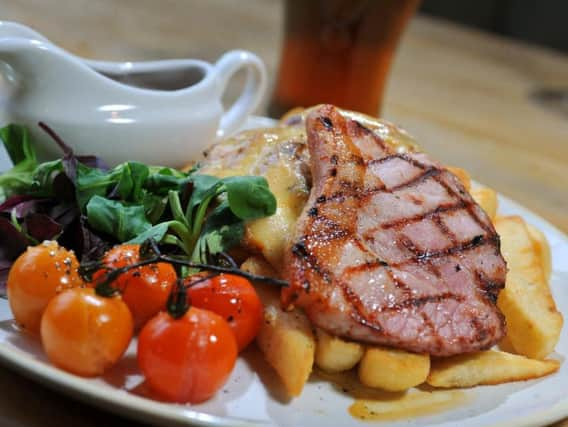Why is everyone talking about gammon?


The truth is they're not - people are actually arguing about whether 'gammon' is a racial slur – no, really.
The term began as a tongue-in-cheek, catch-all phrase for a group of voters who think a certain way – namely, right-wing, anti-immigration and pro nuclear weapons.
Advertisement
Hide AdAdvertisement
Hide AdBut by now, we’ve had multiple op-eds on what was initially an extremely niche joke on Twitter.
Gammon has been used as an insult or a descriptor outside of a food context in the past.
In her book, author and Times columnist Caitlin Moran said then Prime Minister David Cameron “resembles a camp gammon robot – a C3PO made of ham”.
But to understand how it’s become topic of discussion in national newspapers and on drive-time radio, you need to go back to last year’s general election and the Leaders’ Special edition of BBC Question Time.
Advertisement
Hide AdAdvertisement
Hide AdWhile Theresa May was confronted about her Government’s record, Labour leader Jeremy Corbyn was questioned by members of the audience on nuclear weapons.
Shortly after the programme, pro-Corbyn blog Skawkbox posted a composite picture of nine men who gave the Labour leader a hard time.
They complained about how many questions these nine, seemingly right-leaning, men got compared to the rest of the audience.
Over on Twitter, this image was repurposed and became the origin of a catch-all phrase for a group of voters who think a certain way.
Advertisement
Hide AdAdvertisement
Hide AdChildren’s author Ben Davis has been dubbed the originator of gammon as an insult because of a tweet he wrote on election night.
He said: “I’ve had seven kids’ books published and the fact that the thing I’ve created that has had the biggest impact on our culture is ‘Gammon’ kind of makes me want to weep.”